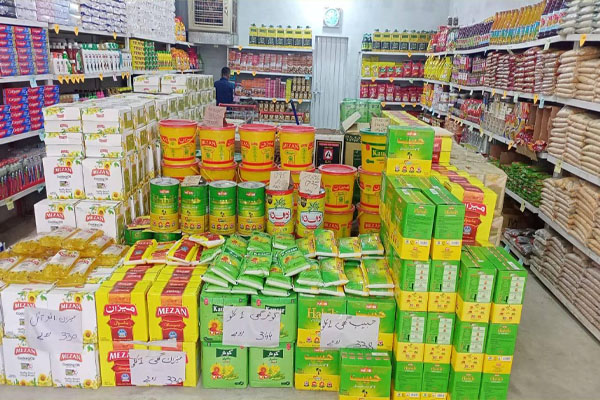KhanHaripur
Chief Minister (5k+ posts)

Pakistani Kashmiri students make a human chain at the Kohala Bridge in Pakistan-administered Kashmir to mark Kashmir Solidarity Day (MS) on Feb. 5, 2011.
This years celebrations were a notch above the last decade. Pakistan is back to its original position on Kashmir.
SPECIAL REPORT | Saturday | 5 February 2011 | International Kashmir Solidarity Day
ISLAMABAD, PakistanThis year Pakistan marks the International Kashmir Solidarity Day with a vigor that Pakistanis have missed for almost a decade. The strategic concessions that former president Pervez Musharraf granted India between 2004 and 2007 stand rolled back by the government of President Asif Zardari and by the Pakistani military. Today, maps in Pakistan show the entire state of Jammu and Kashmir, half of which is under Indian occupation, as part of Pakistan. Weather bulletins on Pakistani television networks list Srinagar with Pakistani cities and Pakistan is getting vocal again on Indian human rights violations.
Many Pakistanis were skeptical about President Musharrafs out-of-the-box ideas for resolving Kashmir, sensing that Pakistan was giving too much with no guarantees of Indian reciprocation. But because of his bold initiative during the limited war over Kargil heights in 1999, many were ready to trust him to do the right thing.
He ditched Pakistans position on Kashmir based on United Nations resolutions accepted by India for a Kashmir referendum where people could choose to join Pakistan or India. Instead Mr. Musharraf offered a joint Indo-Pakistani control over Kashmir with local self-rule and some demilitarization.
Former ministers in his government claim India had agreed to the formula but no Indian official, serving or retired, has confirmed this. Critics say some of Mr. Musharrafs concessions were too generous and damaged Pakistans public position on Kashmir in light of Indias complete silence on them. Critics also accuse the former president of self-aggrandizement, saying his policy was guided more by hopes he would emerge as the man who resolved Kashmir and probably bag a Nobel peace award.
The Obama administration rediscovered Mr. Musharrafs ideas last year when it concluded that if it helped resolve Kashmir the Pakistani military would run out of excuses not to help the US war in Afghanistan. Suddenly Indian and US officials began talking again about the so-called backchannel diplomacy between Islamabad and New Delhi. But this time there were few buyers in Islamabad. There are reports that Indian officials had also convinced the Obama administration that Pakistan was weak enough now to force it to accept any solution on Kashmir without the need to listen too much to Pakistani ideas on Kashmir.
While Mr. Musharraf assigned trustworthy aides with no diplomatic experience or sense of history to conduct the secret negotiations, the situation on the Indian side was different. India only sent seasoned diplomats with training and experience who never conceded anything that harmed Indian interests.
The result became obvious by 2007, at the end of the talks. The Indians hardly conceded anything in public, leaving Pakistan to dent its own cause. Last year, during a meeting of the Organization of the Islamic Conference, an Arab diplomat told Pakistani delegates why they should demand that India respect UN resolutions on Kashmir when Pakistan itself publicly ditched them during Mr. Musharrafs government.
What saved Pakistans position is the younger generation of Kashmir. Young Kashmiris erupted in an intifada against Indian occupation in 2008 and 2009 in ways that embarrassed New Delhi worldwide.
Kashmiris have shown that by holding to their position it is India that has much more to lose than anyone else. Now Pakistanis are out again with a no-holds-barred support for Kashmiris, in accordance with the United Nations resolutions already endorsed by India half a century ago.
Palestinians harmed their cause because of concessions through backchannel diplomacy and by abandoning principles of justice and international law. Pakistanis and Kashmiris will not repeat the mistake.



























